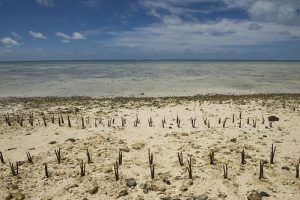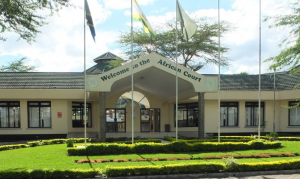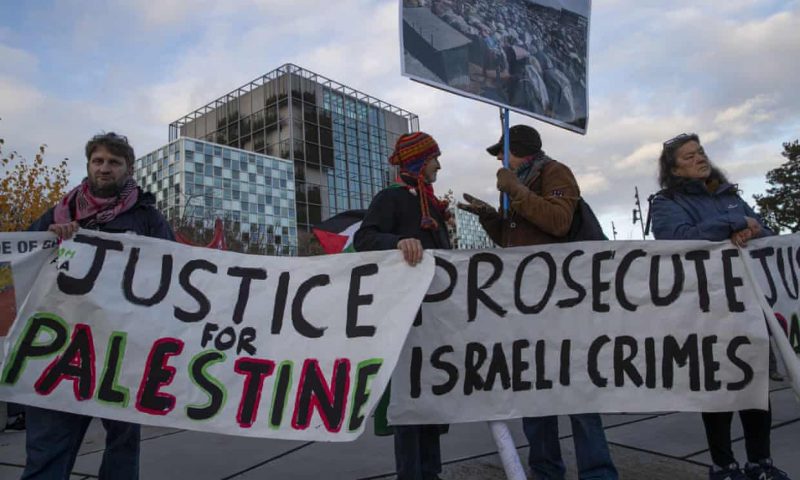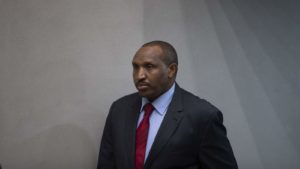By: Christopher Martz
Journal of Global Rights and Organizations, Managing Editor
The International Criminal Court opened a formal investigation at the beginning November into allegations of torture and extrajudicial killings committed by Venezuelan President Nicolás Maduro and his security apparatus. This is the first time a country in Latin America is under investigation for possible crimes against humanity from the ICC.
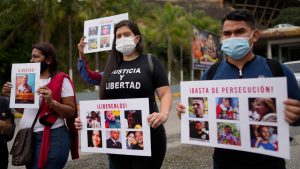
On November 3rd, standing next to Maduro, ICC Prosecutor Karim Khan said he was aware of the political “fault lines” and “geopolitical divisions” that exist in Venezuela. He continued, stating “I ask everybody now, as we move forward to this new stage, to give my office the space to do its work… I will take a dim view of any efforts to politicize the independent work of my office.”
The ICC announcement follows a lengthy preliminary probe started in February 2018 — later backed by Canada and five Latin American governments opposed to Maduro — that centered on allegations of excessive force, arbitrary detention, and torture by security forces during a crackdown on antigovernment protests in 2017.
The announcement was celebrated by human rights groups and the U.S.-backed opposition. Notably, since its creation two decades ago, the ICC has mostly focused on atrocities committed in Africa.
Jose Miguel Vivanco, the Americas director for Human Rights Watch described the announcement as turning point. He stated that the investigation can provide hope to the many victims of Maduro’s government while also serving as a reality check that Maduro could be held accountable for crimes committed by his security forces and others with total impunity in the name of the Bolivarian revolution. However, It could be years before any criminal charges are presented as part of the ICC’s investigation.
Maduro responded that he disagreed with Khan’s criteria in choosing to open the probe, but expressed optimism that a three-page letter of understanding he signed with Khan allows Venezuelan authorities to carry out their own proceedings in search of justice, something allowed under the Rome statute. Maduro emphasized the importance of the letter of understanding, stating that collaboration was key to obtaining justice.
Maduro’s government last year also asked the ICC to investigate the U.S. — which is not among the ICC’s 123 member states — for its policy of economic sanctions focused on removing Maduro. Venezuela considers the U.S. sanctions tantamount to “unlawful coercive measures” that have subjected millions of Venezuelans into poverty.
United Nations investigators have repeatedly reported patterns of rights abuses in the authoritarian country that constitute “crimes against humanity.”
A report by the United Nations’ top human rights body last year concluded that Maduro, and members of his administration, coordinated activities and supplied resources for arbitrary detentions, torture, disappearances and extrajudicial killings. It recommended that the findings be probed by international courts.
One political detainee told U.N. investigators of being held in a coffin-like vessel in the basement of intelligence police headquarters. Another female witness who was arrested following street protests told a U.N. panel she was tortured with electric shocks and threatened with rape.
For further information, please see:
Reuters – ICC prosecutor says he will open investigation into Venezuela – 03 Nov. 2021
Your Basin – International Criminal Court to probe abuses in Venezuela – 03 Nov. 2021
